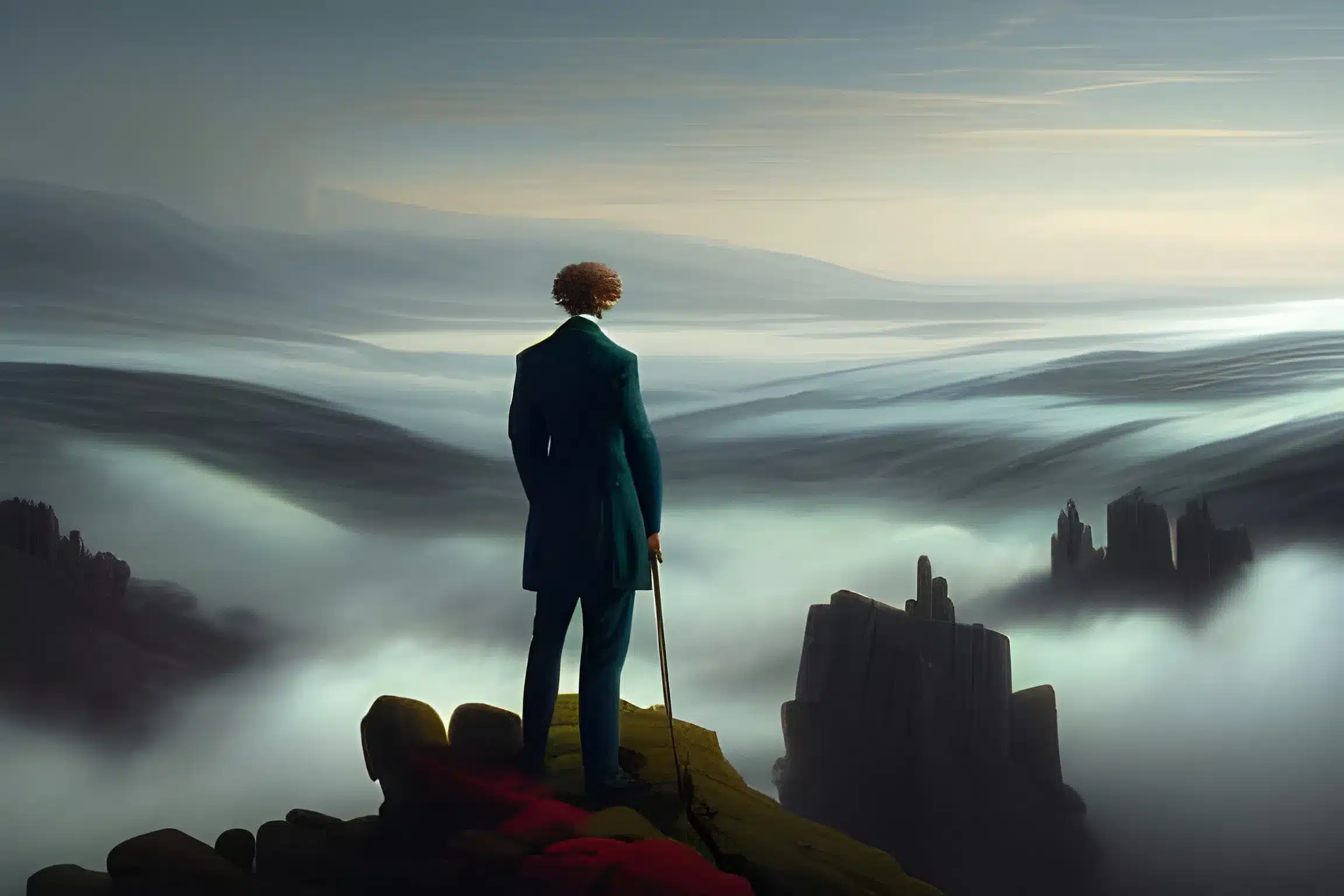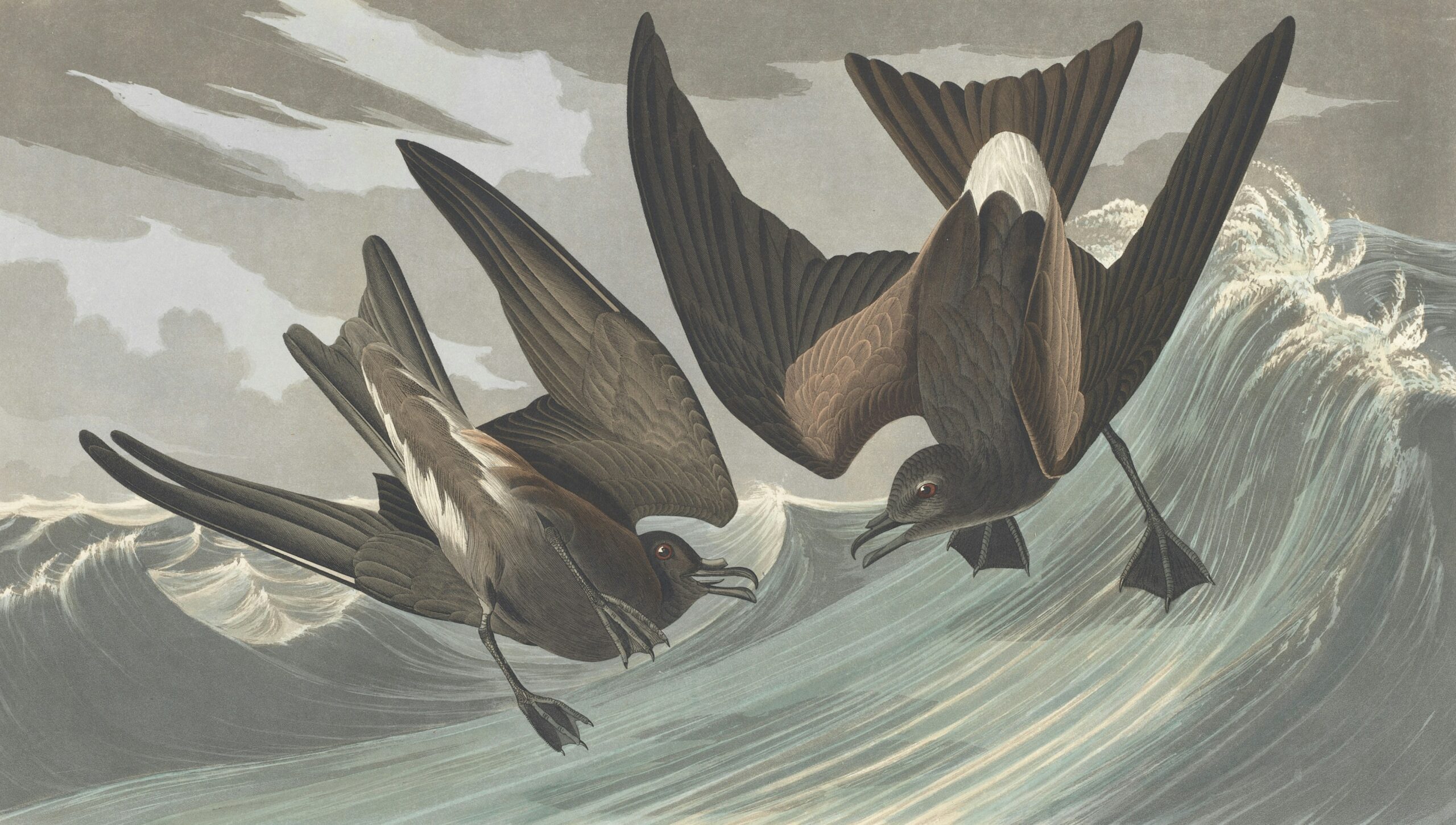
The Philosophy Of Travel
To travel is to willingly cast off into the sea of the unknown, leaving the harbor of the familiar to court the mysteries that lie beyond our domestic shores. It is a modern interpretation of Homer’s epic odyssey, where each destination serves not only as a geographical waypoint but as a landmark in a grander narrative of self-discovery and enlightenment. As the traveler departs, he carries the profound hope of the Greek hero, seeking adventure that will at once test his mettle and bestow upon her gifts of insight and understanding. Within this embarkation of the soul, there lies a tacit promise that by venturing out into the world, one simultaneously ventures inward, navigating the intricate passages of one’s own psyche.
Travel challenges us to engage with the world actively, immersing ourselves in the diverse panorama of human experience. Through this iterative quest for meaning, each step taken in foreign lands is reminiscent of the peripatetic philosophers who walked and mulled, understanding that each step physically taken was a step closer to wisdom. Challenges on the road compel us to summon courage and patience, virtues lauded by Marcus Aurelius, who saw in every obstacle the seeds of personal growth. With every encounter and tale gathered along our travels, we weave a rich story of experiences that become part of who we are, broadening our understanding of life and elevating our existence towards the eudaimonic ideal.
As one trudges along the dust-ridden paths once tread by history’s myriad souls, there’s an awakening to the interconnected self, a vision of humanity as kindred, much like the cosmopolitan vision of the cynic Diogenes, who professed himself a citizen of the world. Encounters with strangers morph into philosophical dialogues where each individual reflects a piece of the global mosaic. Dialogues about customs, dreams, and fears reveal commonalities that transcend borders, echoing Emmanuel Levinas’ ethics of Otherness; we recognize ourselves in the face of the other, thereby discovering a profound bond— a shared thread that intricately sews together the human experience into a cohesive quilt, each piece telling a story, each story a testament to the human condition.
Travel endows us with a treasury of recollections, a living, breathing museum in the mind where each remembrance has its alcove. Each revisit to a memory is an act akin to the Proustian reverie, where a taste, a scent, a mere echo of laughter can transport one back to a fleeting instance captured in the rapture of wanderlust. These recollected vignettes are our personally curated galleries that we wander through, time and again, with each visit offering a distinct hue to the memory. In the tradition of Henri Bergson, these memories are not mere static relics; rather, they possess the dynamism of subjective time, continually reinterpreted and re-experienced with every contemplative stroll down Memory Lane, each echoing the profound multiplicity of lived experience.
In the grand spectacle that is travel, the voyage itself is often more enlightening than the destination. The philosophy of travel, then, celebrates not just the act of moving through space, but also the transformative journey through inner space. It is an ongoing dialogue with the self and the world, a dialogue that continues, perhaps more fervently, once the bags are unpacked. Though the physical expedition concludes, the philosophical journey echoes indefinitely. It beckons the traveler to integrate the patchwork of experiences into a redefined self-narrative. With this enriched perspective, the thoughtful traveler is forever changed, able to view life through the enlightened lens of their voyages, and ever-prepared for the next chapter in the ongoing odyssey of existence.



